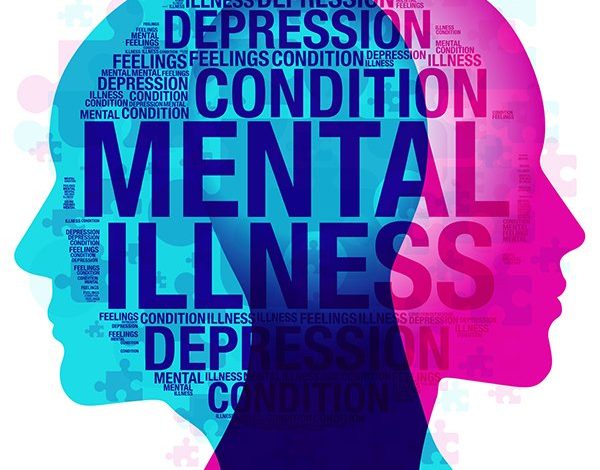Improving Mental Health Among Men in Zimbabwe

Addressing Mental Health Challenges
Zimbabwe faces significant challenges in care for mental health among men in Zimbabwe. Also, the country’s health system struggles with human resource constraints, economic instability and a lack of updated legislation supporting mental health. Despite these challenges, efforts are being made to improve mental health among males.
Mental health among men in Zimbabwe: Government Initiatives
Furthermore, the government has invested in mental health training for general nurses and doctors, aiming to decentralise mental health services. This initiative aims to make mental health care more accessible to the population, particularly in rural areas where access is in limit.
Community and Social Groups
Organisations like SPANS and the Zimbabwe National Association of Mental Health play crucial roles in promoting mental health. SPANS provides education, family therapy, and psychological support services to the community, while the association focuses on deinstitutionalisation, community integration, and empowerment. Mental health among men in Zimbabwe should be championed. Additionally, communities and social groups have a crucial role to play in this.
Health Experts and Innovative Programs
Moreover, Zimbabwean researchers and health experts are leading the way in mental health implementation research. The Friendship Bench program, funded by international donors, has shown effectiveness in treating depressive symptoms through lay counselors. Also, this program operates within primary health care facilities, making mental health services more accessible.
Impact on Zimbabwean Society
The lack of intervention in mental health among men in Zimbabwe has profound impacts on society. High prevalence of mental disorders, coupled with stigma and lack of access to care, can lead to increased rates of unemployment, poverty, and social isolation. This situation exacerbates the economic challenges already faced by the country. Economic hardship is a major factor contributing to mental health issues among Zimbabwean men. The country’s formal economy has slumped since the 2000s, leading to worsening unemployment rates, higher poverty rates, and reliance on the informal economy for livelihoods 1. Additionally, the social fabric of Zimbabwean society is strained by the high prevalence of mental health issues among men. This not only affects the individuals directly but also impacts family dynamics, community cohesion, and overall social harmony. 1
Conclusion
Addressing the mental health of males in Zimbabwe requires a multi-faceted approach. Government initiatives, community and social group efforts, and innovative programs by health experts are crucial steps towards improving mental health. However, the impact of the lack of intervention is far-reaching, affecting the overall well-being and stability of Zimbabwean society.





